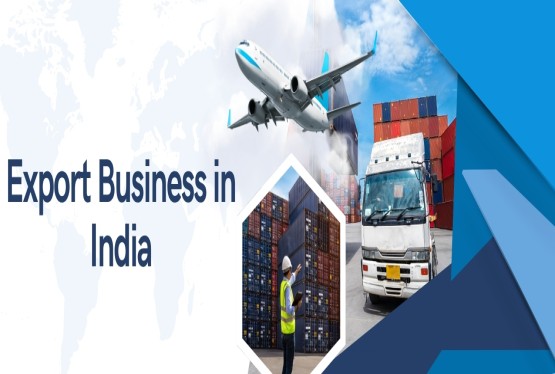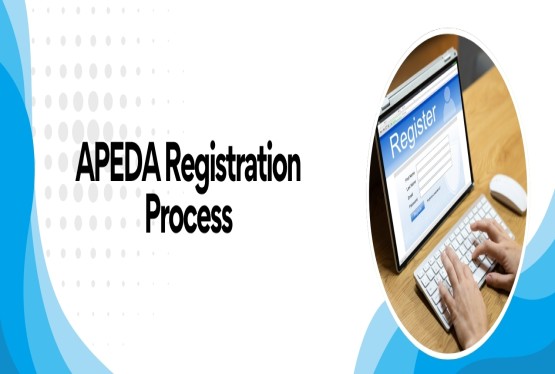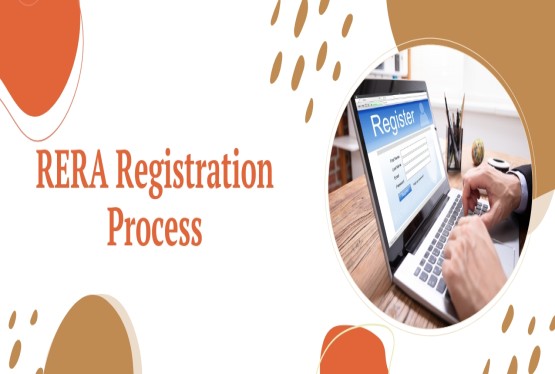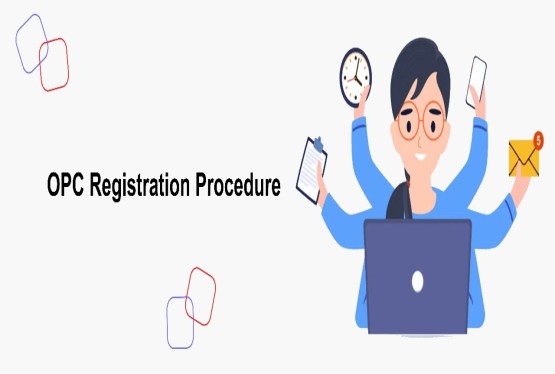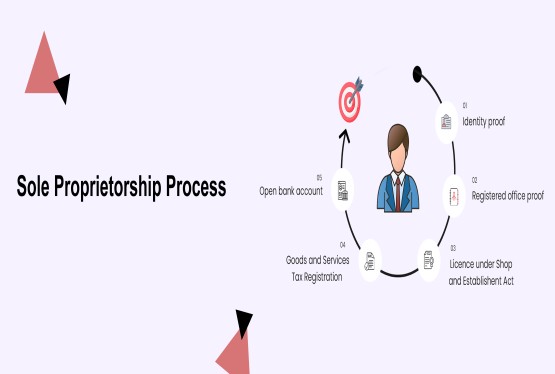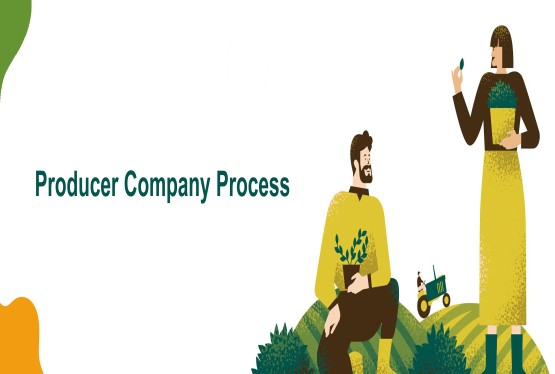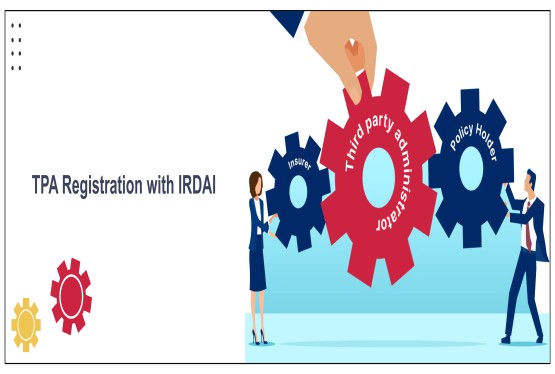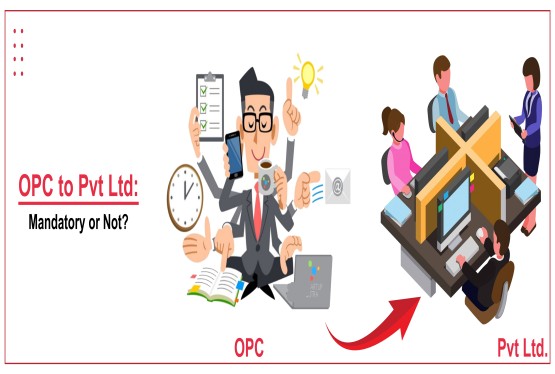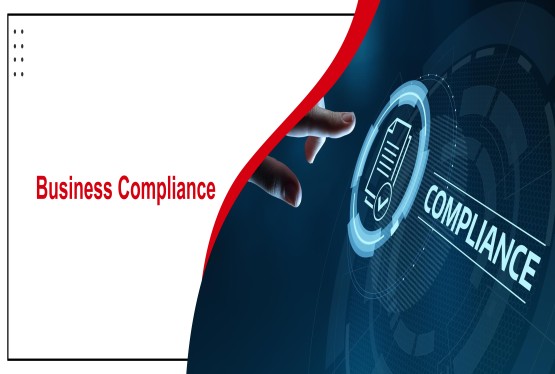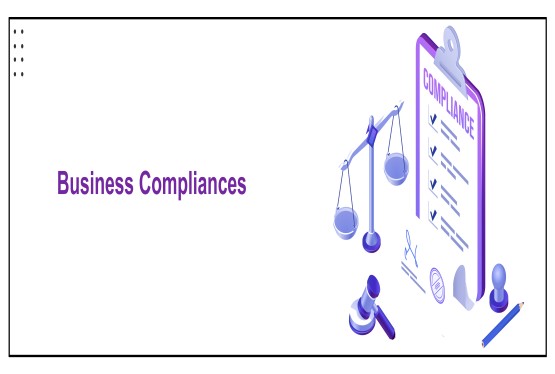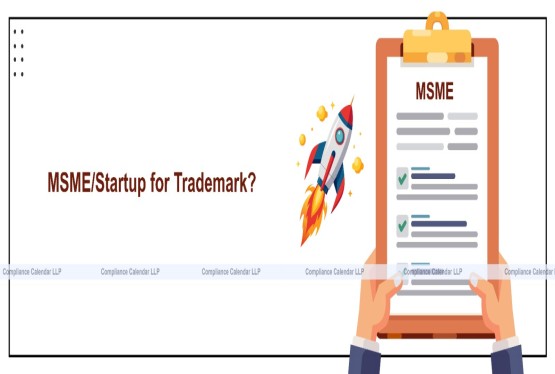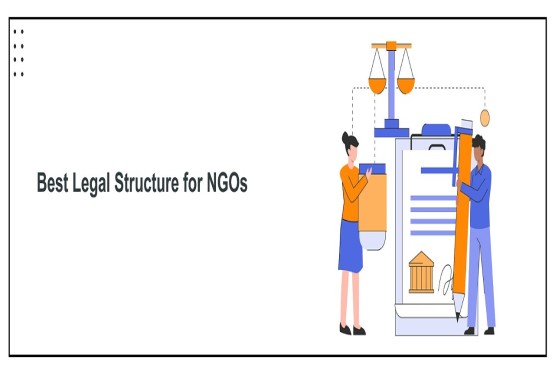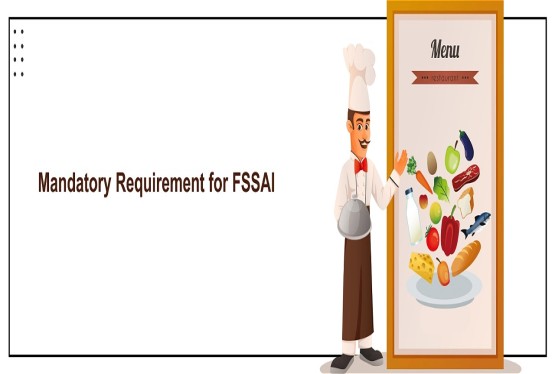BOCW Registration is a mandatory compliance requirement under the Building and Other Construction Workers (Regulation of Employment and Conditions of Service) Act, 1996, for establishments involved in construction activities. It aims to regulate the working conditions of labourers and ensure their access to welfare schemes such as health insurance, accident cover, and education support. To obtain BOCW registration, employers must furnish specific documents and follow the prescribed application process set by the respective State Labour Department. This article explains the key documents and detailed process involved in obtaining BOCW registration, helping employers ensure compliance with Indian labour regulations.
What is BOCW Registration?
BOCW (Building and Other Construction Workers) Registration refers to the mandatory enrollment of construction establishments under the Building and Other Construction Workers (Regulation of Employment and Conditions of Service) Act, 1996. It applies to any establishment employing 10 or more workers in construction-related activities such as building, demolition, maintenance, or repair work. The registration is aimed at ensuring workers' welfare by providing access to benefits like accident insurance, health care, pension, and educational support through State Welfare Boards. Employers must submit necessary documents, pay 1% cess on the project cost, and follow the procedure prescribed by the respective State Labour Department to complete registration.
Applicability of the BOCW Act:
The Building and Other Construction Workers (Regulation of Employment and Conditions of Service) Act, 1996 (BOCW Act) applies to establishments engaged in building or construction work that employ 10 or more workers. This includes activities such as construction, alteration, repair, maintenance, demolition, or any civil work involving buildings, roads, railways, bridges, dams, canals, and transmission lines.
However, the Act does not apply to:
-
Factories registered under the Factories Act, 1948
-
Mines covered under the Mines Act, 1952
The Act aims to regulate safety, health, and welfare measures for workers in the unorganized construction sector through mandatory registration and cess payment.
Benefits of BOCW Registration
BOCW Registration offers several social security and welfare benefits to construction workers through the respective State Building and Other Construction Workers Welfare Boards. These benefits include:
Social benefits
BOCW Registration offers significant social benefits by providing construction workers with access to healthcare, education support for children, housing assistance, pension schemes, and accident insurance. These welfare measures uplift workers’ living standards, promote social security, and contribute to the overall well-being and dignity of the unorganized construction workforce in India.
Legal protection to the Workers
BOCW Registration ensures legal protection to construction workers by formalizing their employment under the BOCW Act, 1996. It safeguards their rights through enforceable provisions related to wages, working hours, health, safety, and welfare, while enabling access to legal remedies and compensation in cases of workplace accidents, exploitation, or non-compliance by employers.
Improved workplace safety
BOCW Registration improve workplace safety by enforcing mandatory safety standards, regular site inspections, and compliance with health and welfare measures. It ensures that employers provide protective gear, safety training, and accident prevention protocols, thereby minimizing risks and creating a secure working environment for construction workers at project sites.
Enhanced Credibility
BOCW Registration enhances an establishment’s credibility by demonstrating compliance with labour laws and commitment to worker welfare. It builds trust among government authorities, clients, and stakeholders, enabling eligibility for government contracts, smoother approvals, and improved reputation in the construction industry as a socially responsible and law-abiding employer.
Requirements for BOCW Registration
To ensure compliance with the Building and Other Construction Workers (Regulation of Employment and Conditions of Service) Act, 1996, the following key requirements must be met by establishments seeking BOCW Registration:
-
Applicability Threshold: The establishment must employ 10 or more building or construction workers at any given time during the project. This threshold triggers the legal requirement to register under the BOCW Act.
-
Nature of Work: The work should fall under the definition of "building or other construction work," which includes construction, alteration, demolition, repair, or maintenance of buildings, roads, bridges, tunnels, pipelines, transmission towers, etc.
-
Commencement of Work: The project should have commenced, or work orders should be issued. Some states require evidence that construction activity has begun before processing the registration application.
-
Cess Payment Compliance: The employer is required to pay 1% of the total estimated construction cost as cess under the BOCW Cess Act, 1996. The challan or receipt of this payment must be submitted during registration.
-
Valid Employer Identity: The employer or authorized signatory must possess valid PAN, Aadhaar, and proof of authority to act on behalf of the organization (such as board resolution or partnership authorization).
-
Proof of Establishment: Legal documents proving the existence of the business or entity, such as Certificate of Incorporation (for companies), Partnership Deed (for firms), MSME/GST Registration (optional but helpful)
-
Site Address and Ownership Proof: The project site’s physical address must be verifiable through: Electricity or water bills, Rent agreement with NOC (if rented), Property tax receipt (if owned)
-
Worker Details: A list of currently employed construction workers, including their: Full names, Aadhaar numbers, Contact numbers. This supports transparency and facilitates enrolment in state welfare schemes.
-
Technical Project Report: A certificate from a Chartered Engineer or Architect estimating the project cost and construction timeline is required. This forms the basis for cess calculation and project assessment.
-
Affidavit of Compliance: The employer must submit an undertaking or affidavit declaring that: The information provided is true, All labour laws and safety norms will be followed, The establishment will adhere to the provisions of the BOCW Act
-
Labour Licence (If Applicable): If the establishment engages contract labour exceeding the thresholds defined under the Contract Labour (Regulation and Abolition) Act, 1970, a valid labour licence must also be obtained and submitted.
-
Online Portal Access: Many states labour departments mandate that the entire registration process be completed online. Therefore, the employer must: Create a user login on the State Labour Department portal, Ensure digital copies (PDF/JPEG) of documents are ready for upload, Be able to make online payments for fees and cess.
Documents Required for BOCW Registration
The documentation for BOCW Registration may vary slightly across states, but the following are generally required for Establishment Registration under the BOCW Act, 1996:
Identity Proof of Employer/Authorized Signatory
PAN, Aadhaar, or Passport of the employer or authorized signatory establishes their legal identity and verifies their authority to apply for BOCW Registration on behalf of the establishment engaging in construction activities.
Address Proof of Establishment
Utility bills, rent agreements, or property documents confirm the registered or operational address of the construction site or company office, ensuring the location is correctly declared for compliance and inspection purposes.
Registration/Incorporation Documents
Certificates such as Incorporation (for companies) or Partnership Deeds (for firms) legally establish the nature and structure of the entity applying, confirming its eligibility to operate and engage labour under the BOCW Act.
Commencement/Work Order Proof
Work orders, contracts, or commencement certificates validate that the construction activity has started or is ongoing, helping authorities determine the scope, duration, and nature of the project under the BOCW Act’s purview.
Estimated Cost of Construction
A Chartered Engineer’s certificate or project estimate outlines the total cost of construction, forming the basis for calculating the 1% cess payable under the BOCW Cess Act, 1996, and confirming the project’s financial scale.
Details of Workers Employed
A comprehensive list of workers, including their names, Aadhaar numbers, and contact information, ensures transparency in employment and enables worker welfare schemes to reach the correct beneficiaries registered under the BOCW Welfare Board.
Photographs of Construction Site
Site photos showing construction activity provide visual proof of the project’s existence and stage of progress, supporting the application and assisting in physical verification by the labour authorities if required.
Cess Payment Challan
This challan confirms that the employer has paid the mandatory 1% construction cess, a statutory requirement under the BOCW Cess Act, which funds worker welfare schemes administered by the State BOCW Welfare Board.
Bank Account Details
A cancelled cheque or bank statement helps verify the financial identity of the establishment, enabling authorities to track payments, refunds, or compliance with labour-related financial obligations such as wages or cess.
Undertaking or Affidavit
An affidavit or self-declaration confirms that the employer complies with all provisions of the BOCW Act and other applicable labour laws, serving as a legal assurance to the labour department and regulatory authorities.
Procedure for BOCW Registration
The following section outlines the complete procedure for obtaining BOCW Registration in accordance with the provisions of the Building and Other Construction Workers (Regulation of Employment and Conditions of Service) Act, 1996.
Step 1: Visit the State Labour Department Portal
Employers must access the official labour portal of the respective state, create an account, and authenticate it through OTP or email to initiate the registration process.
Step 2: Select the BOCW Establishment Registration Module
After logging in, to the BOCW registration section and choose the option to apply for new establishment registration under the BOCW Act, 1996.
Step 3: Fill in the Online Application Form
Enter details of the establishment, employer, project nature, number of workers, estimated cost, and work duration as required in the official BOCW registration form.
Step 4: Upload Required Documents
Scan and upload necessary documents like identity proof, work orders, cost estimates, worker list, cess challan, and site photographs as per the checklist provided on the portal.
Step 5: Pay the Registration Fee and Cess
Make online payment of the statutory registration fee and 1% construction cess. Upload the payment challan as proof to proceed with the application submission.
Step 6: Submit the Application
Review the form and uploaded documents, then submit the completed application online. A unique Application Reference Number (ARN) is generated for future status tracking.
Step 7: Application Review and Verification
Labour authorities scrutinize the application, verify documents, and may conduct a site inspection. Any discrepancies or clarification requests must be resolved promptly by the applicant.
Step 8: Issuance of BOCW Registration Certificate
Upon successful verification, the labour department issues the BOCW Registration Certificate, validating the establishment's legal compliance for a year or project duration.
Conclusion
BOCW Registration is an Important compliance requirement for construction establishments employing ten or more workers. By following the prescribed procedure and submitting the necessary documents, employers demonstrate their commitment to ensuring the safety, welfare, and legal rights of their workforce. The process, though administrative in nature, plays a vital role in enabling construction workers to access government-supported welfare schemes such as health benefits, pension, accident coverage, and education assistance. Timely and accurate registration not only safeguards the interests of workers but also protects the employer from legal penalties and enhances credibility with regulatory bodies. Staying informed about state-specific norms and engaging professional support can make the BOCW registration process efficient and fully compliant with the law.
If you have any queries regarding BOCW Registration, then you can connect with Compliance Calendar LLP experts through email info@ccoffice.in or Call/Whatsapp at +91 9988424211.
FAQs
Q1. Why is BOCW registration required?
Ans. BOCW registration is required to ensure legal compliance and provide construction workers with access to welfare benefits like health care, pension, insurance, and education through the State Welfare Board.
Q2. What is the BOCW registration form?
Ans. The BOCW registration form is an official application submitted by employers to the State Labour Department, providing project, worker, and establishment details for obtaining registration under the BOCW Act, 1996.
Q3. Who is eligible for BOCW?
Ans. Any construction worker aged between 18 and 60 years who has worked for at least 90 days in the past 12 months in building or construction activities is eligible for BOCW registration.
Q4. Is BOCW Act mandatory?
Ans. Yes, the BOCW Act is mandatory for establishments employing 10 or more construction workers. It ensures legal compliance and mandates registration to safeguard workers' welfare, safety, and employment conditions.
Q5. What is the benefit of BOCW?
Ans. The benefit of BOCW registration includes access to welfare schemes like accident insurance, health care, pension, housing assistance, education support, and skill development for registered construction workers and their families.












_crop10_thumb.jpg)





_crop10_thumb.jpg)




























-Form_crop10_thumb.jpg)

_crop10_thumb.jpg)























_learn_crop10_thumb.jpeg)
































_crop10_thumb.jpg)

_crop10_thumb.jpg)





















_crop10_thumb.jpg)















_for_Foreign_Directors_learn_crop10_thumb.jpeg)




_Act,_2015_learn_crop10_thumb.jpg)

































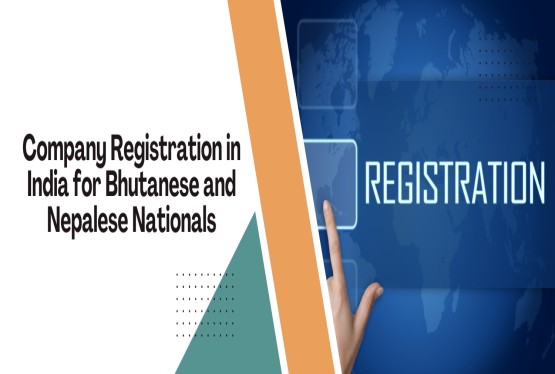
_learn_crop10_thumb.jpg)






